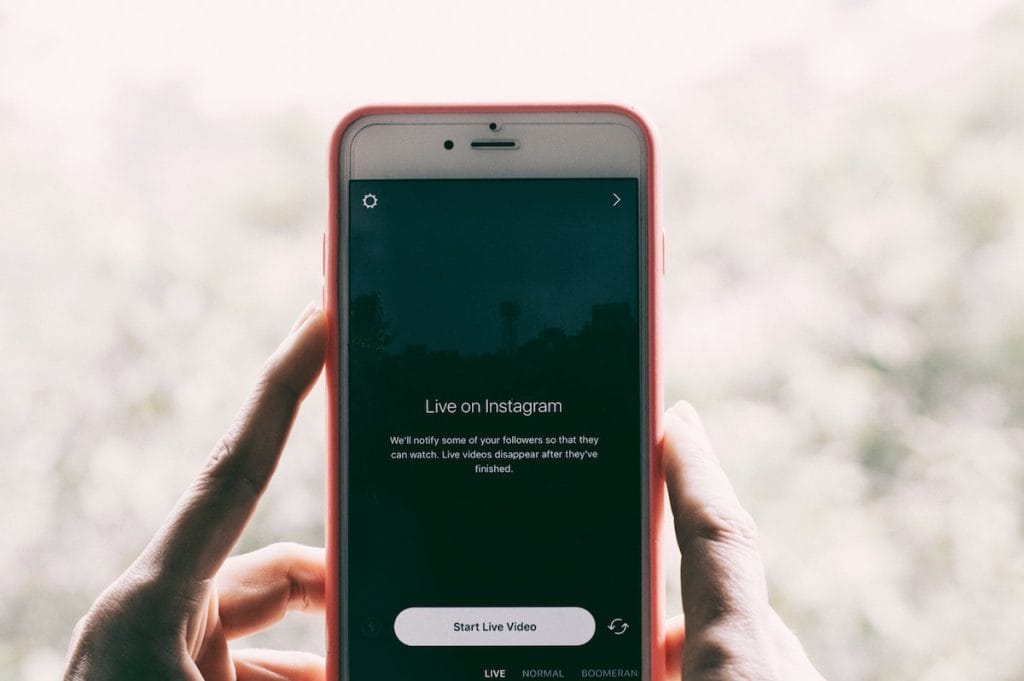
Facebook, Twitter, Instagram and Snapchat and other social media channels have quite literally changed the way that we interact, talk and live in our modern society. Even if you do not personally use social media, words like, well, “like” have taken on completely new meaning, with others, such as “hashtag” being invented altogether due to the world’s fascination and reliance with social media.
As with most of any tech that affects the public’s day-to-day lives, social media has had a very real effect on litigation – especially personal injury litigation. Though we have already covered some of social media’s potential risks for personal injury cases, we feel it is a topic well worth reexamination.
The Dangers of Social Media for Your Personal Injury Case
Evidence comes in many forms. From eyewitness testimony to medical records to photos taken at the scene, but many forget that social media can easily be used to support or fight your claim. For example, if your claim is that your car accident has left you with crippling back pain that keeps you from enjoying life as you once had, but then post a video of yourself on Instagram giving your son a piggyback ride with no issues, do not expect your claim to go far.
But the tricky thing is, even seemingly innocent posts can still be used against you with the right argument. Especially mental duress claims can be refuted by something as simple as your smile in a photo to a positive comment you leave on another’s social profile. Be extra careful about anything you post as something as simple as “I am doing okay” can become an issue later. Always be cautious and realize everything you are writing, unless in a private message, can, and will, be used against you without your consent.
This fact – that your social media profile (whatever is viewable to the public) is public record – is surprising to many who assume their online privacy without ever actually checking. Do not forget that others can often “tag” you in social posts, even going as far as identifying you within photos and videos, so do your due diligence and ensure that neither you, nor your friends and family, are posting any content that may, in any way, harm your claim. Do not post anything on any social site about your accident, your injuries, your claim, your doctor or your treatment. Be sure not to delete anything from your current social media accounts.
Our advice when seeking compensation for damages? Set all of your social media profiles to their most strict security settings, disable the ability for friends and family to “tag” you within posts, and ask loved ones to refrain from posting video, photos or even text-only posts that reference you or your case until your claim can be made in a court of law.
We understand how difficult it can be for a growing number of people to log off from social media for a prolonged period of time. However, when your Facebook activity can end up getting between you and the full compensation that you deserve, we highly recommend taking a break until your case has concluded.
Do you still need some guidance to navigate your personal injury case the right way? Contact our attorneys today to get the advice and resources you need when making a claim after an injury.


